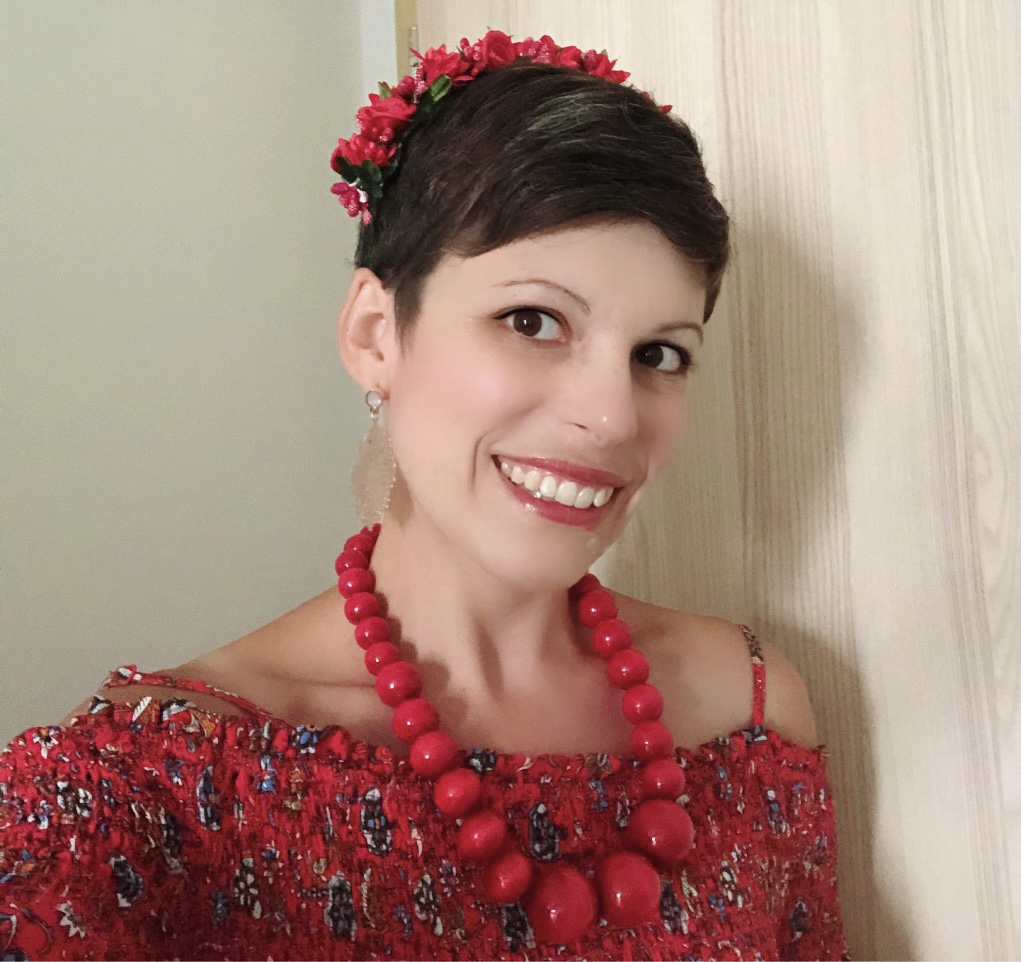
by Michele Kirichanskaya | Jun 16, 2023 | Blog
R. M. Romero is a Jewish Latina and author of fairy tales for children and adults. She lives in Miami Beach with her cat, Henry VIII, and spends her summers helping to maintain Jewish cemeteries in Poland. You can visit her online on Instagram @RMRomeroAuthor. I had...
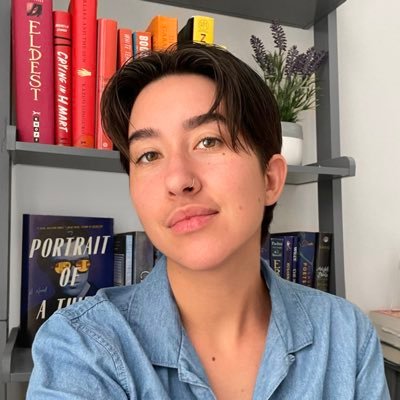
by Michele Kirichanskaya | Jun 14, 2023 | Blog
Born and raised by the Great Lakes, Alex Crespo writes about queer love, magic, and all the ways they intersect. When not writing, you can find him making art or daydreaming about Mothman. He currently lives in Chicago with an endless anime watchlist and his black cat...
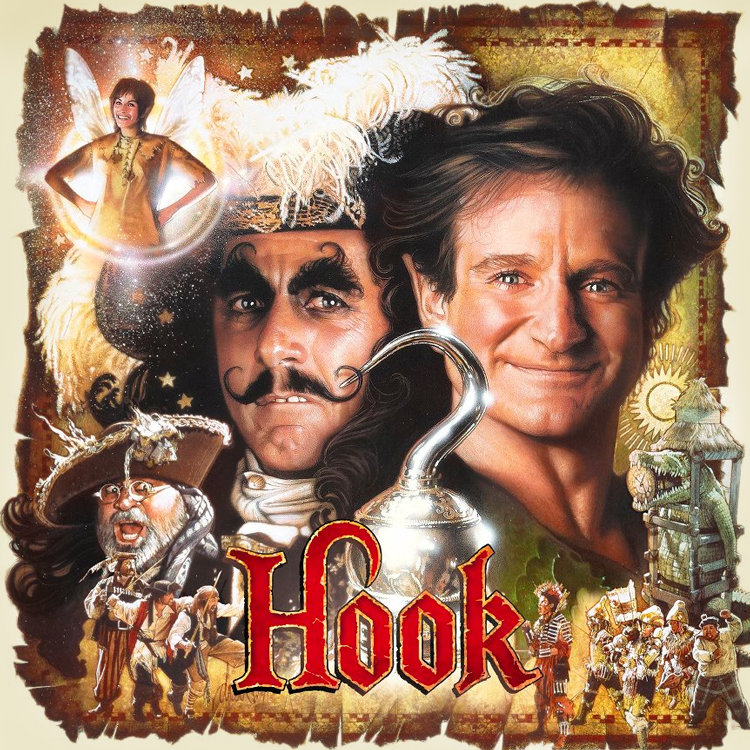
by Rebelle Summers | Jun 13, 2023 | Blog
In jolly ol’ London Town where I’ve been residing off and on for the past year Spring is just beginning to get into its groove despite it being nearly summertime, foxes are pooping in forgotten pint glasses outside the pub, and an old rich white man was draped in gold...
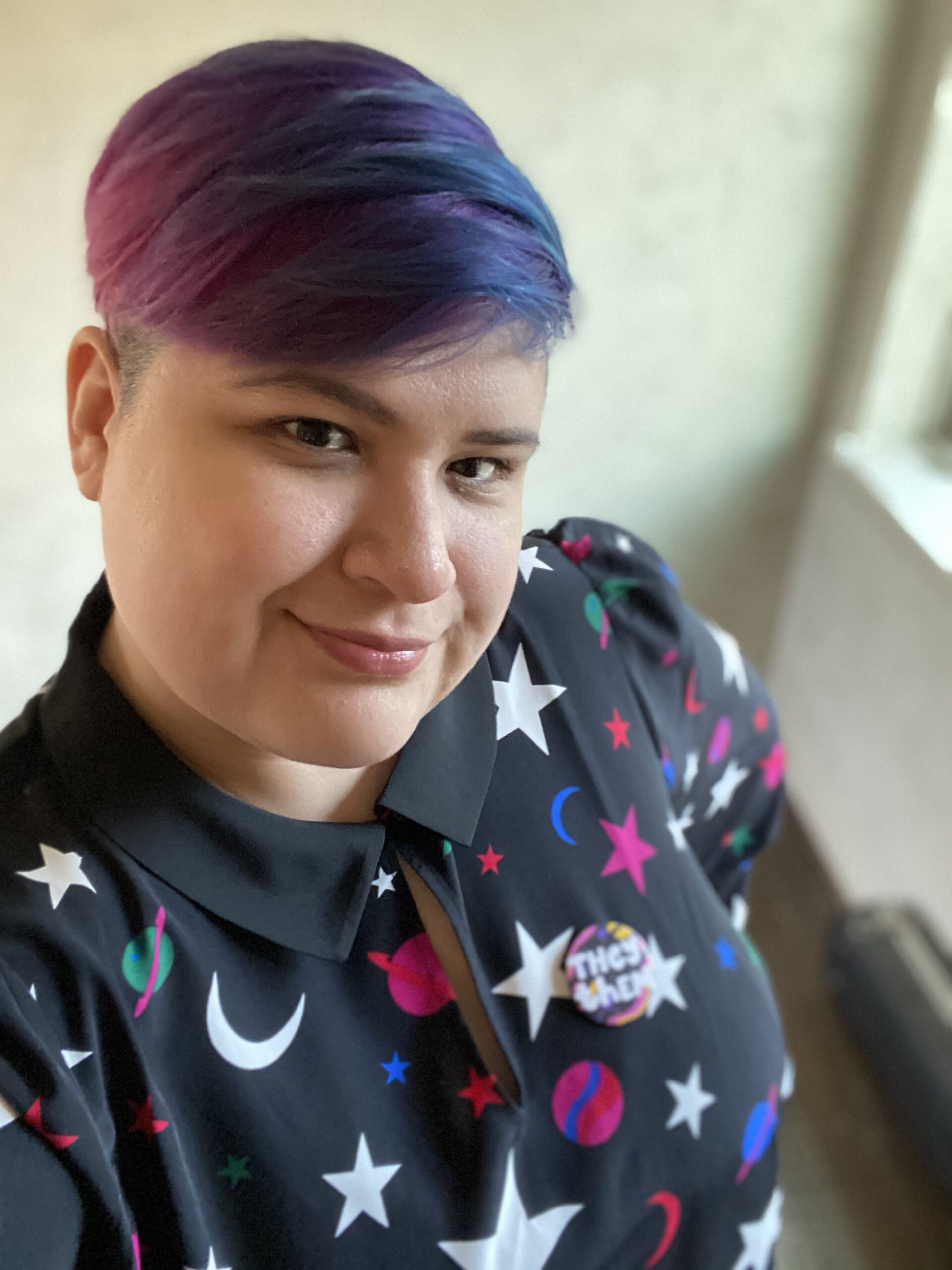
by Michele Kirichanskaya | Jun 11, 2023 | Blog
Christine Suggs is an illustrator, designer, and comic artist. Their work explores the intersection of their identities, namely being a queer, fat, Latinx feminist who loves all things cute. They’re also way too into Pokémon and cats. They’re currently...
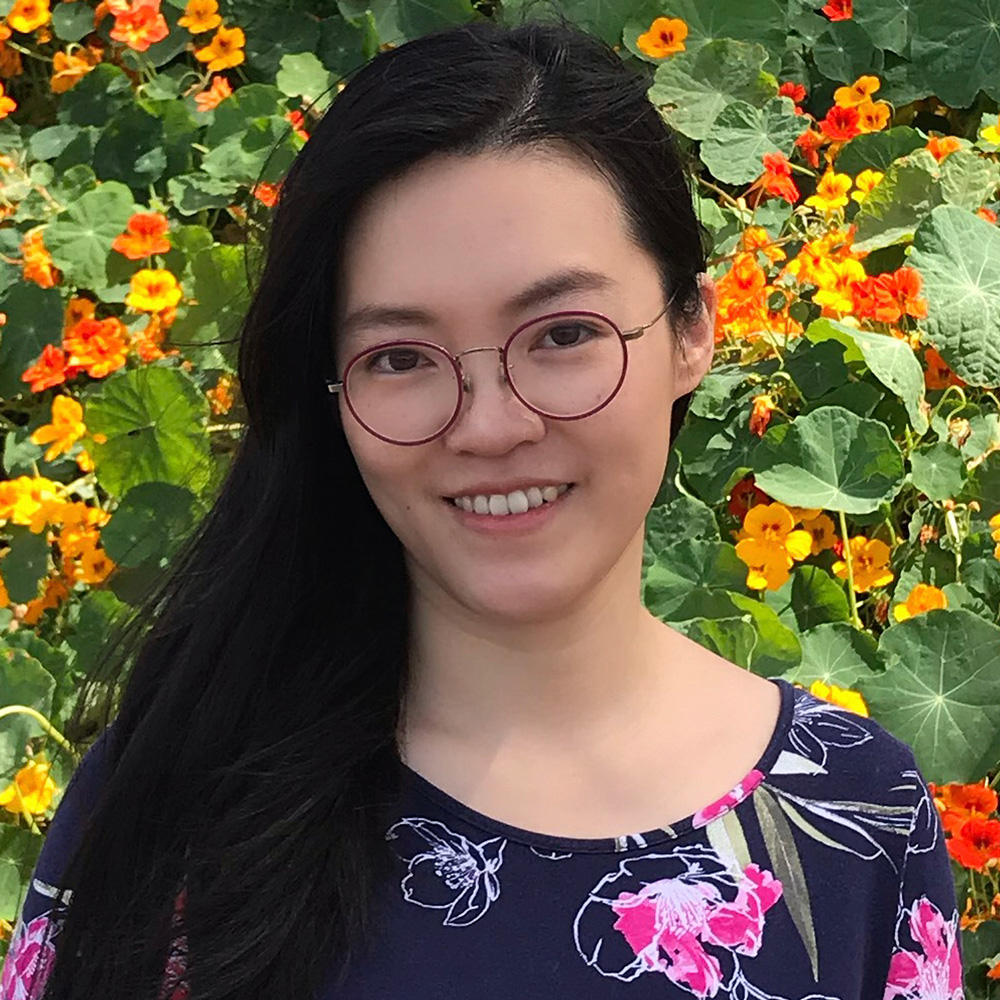
by Michele Kirichanskaya | Jun 9, 2023 | Blog
Helen H. Wu is a children’s book author and illustrator, as well as a translator and publisher. She is the author of Tofu Takes Time, illustrated by Julie Jarema (Beaming Books, 2022) and Long Goes To Dragon School, illustrated by Mae Besom (Yeehoo Press, 2023). Helen...
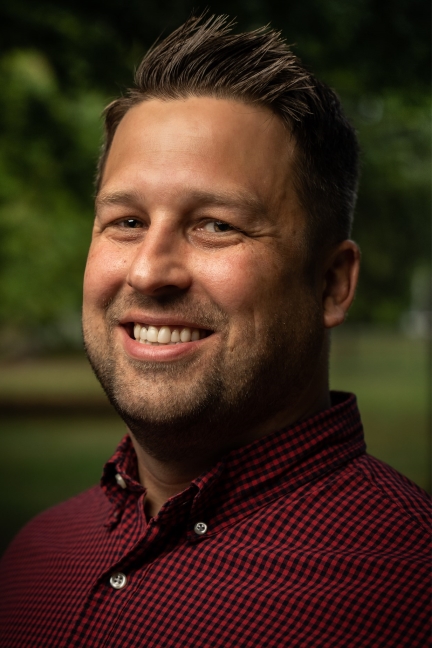
by Michele Kirichanskaya | Jun 7, 2023 | Blog
Wes Molebash is the creator of several popular webcomics, most notably You’ll Have That (Viper Comics) and Molebashed (self-published). He has also created cartoons for companies and organizations such as the Ohio State University, Target, and PBS Kids. Travis...







